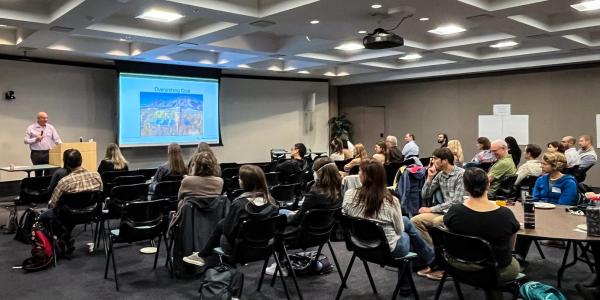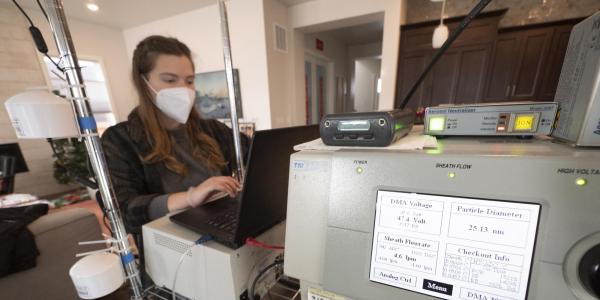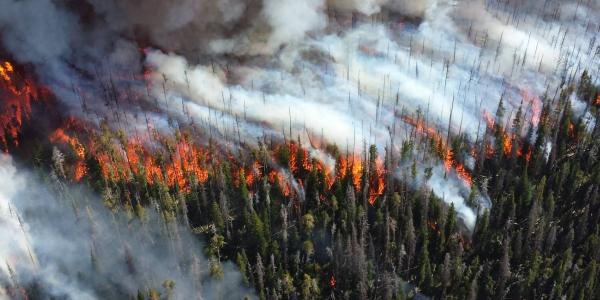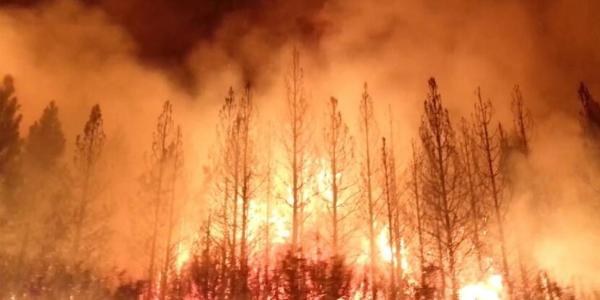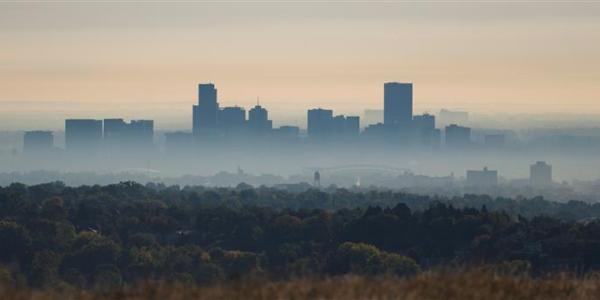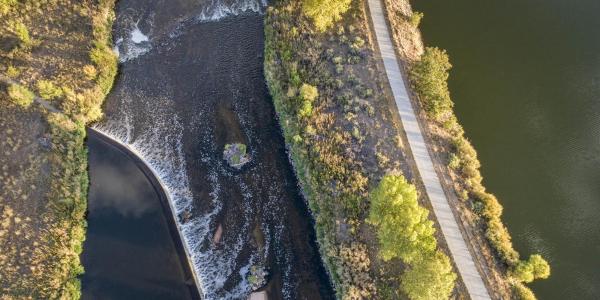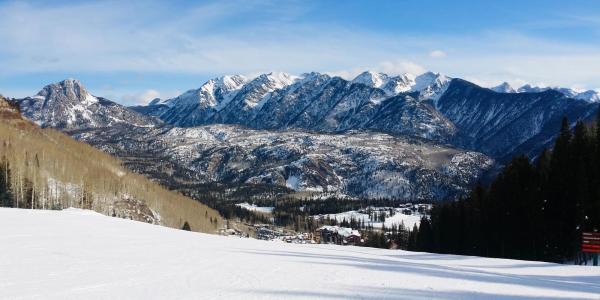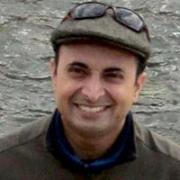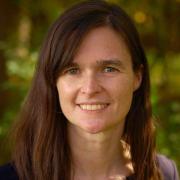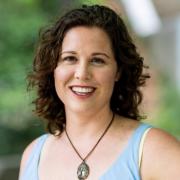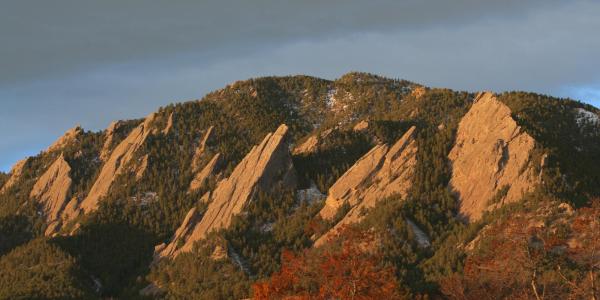Much of the western U.S. remains in the grip of an unrelenting drought. This dryness has coincided with record-breaking wildfires, intense and long-lasting heat waves, and western reservoirs Lake Mead and Lake Powell now at their lowest levels ever recorded.
Following 2020 and 2021—the fifth and fourth hottest years on record in the United States respectively—2022 is on track to become one of the 10 hottest years worldwide. The western U.S. has also seen some of its most devastating wildfires in the past three years, including the Marshall Fire on Dec. 30, 2021, the most destructive fire in Colorado state history.
CU Boulder researchers offer insight into everything from how a changing climate will impact water supplies, crops and landscapes to how best to protect homes and our health from fire and smoke.
Our Experts
Faculty experts from CU Boulder are available to discuss wildfires, drought, extreme heat and more. To arrange media interviews, please contact cunews@colorado.edu. Find more media resources.
The Conversation
CU faculty members share expert commentary on hot topics
‘Zombie fires’ occurring more frequently; impacts remain uncertain
The Colorado River drought crisis: 5 essential reads
Western wildfires destroyed 246% more homes, buildings over the past decade
Homes that survived the Marshall Fire harbored another disaster inside
Intense heat waves, flooding are battering America’s aging infrastructure
Grim drought outlook for western US offers warnings for the future
Over 100 fire scientists urge the US West: Skip the fireworks this record-dry 4th of July
4 recommendations for smarter firefighting as megafires menace the US
As more climate migrants cross borders seeking refuge, laws will need to adapt
Humans ignite almost every wildfire that threatens homes
100 degrees in Siberia? 5 ways the extreme Arctic heat wave follows a disturbing pattern
Western Water Assessment
The Western Water Assessment (WWA) is a university-based applied research program that addresses societal vulnerabilities to climate variability and climate change, particularly those related to water resources. WWA is based in Boulder but works across the Intermountain West—Colorado, Utah, and Wyoming. The team is comprised of researchers in multiple disciplines—climatology, hydrology, ecology, social sciences, and law—at CU Boulder and several other institutions in the region.


